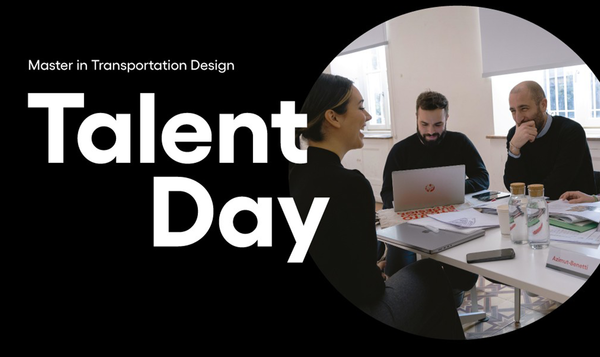Reinventing yourself in the world of work can be an extraordinary opportunity for personal and professional growth.

Changing careers: how to reinvent yourself professionally at any age
Date
14 October 2024
Whether by choice or necessity, career renewal offers the possibility of broadening your career path while maintaining your relevance.
Changing jobs completely: a not-so-uncommon choice
Reinventing yourself professionally is no longer unusual; it is becoming a natural step in many people’s career journeys, regardless of age or life stage. The desire to align one’s career with passions, values, and aspirations can arise at any point, whether seeking more meaningful work, exploring different fields, or embracing new challenges. Additionally, advancing technology may reduce demand in some sectors, compelling professionals to adapt to new market needs.
Such a change can lead to greater personal satisfaction and fulfilment, as well as improved long-term job security. However, a career change is not easy and requires courage, planning and plenty of determination.
Evaluating passions and skills
Embarking on a career change, starts with deeply reflecting on your passions, values, and life goals. This process of self-discovery, or re-discovery, is essential for making thoughtful, informed decisions about your professional future.
“What is it that really excites me? What activities make me lose track of time?” These questions may reveal hidden passions or neglected interests that could become the focus of a new career. At the same time, it is important to think about your transferable skills: abilities developed during your career that can be applied in different fields.
For example, a Social Media Manager with excellent organisational skills might choose to become a Project Manager. In this role, they would further develop their ability to manage teams, meet deadlines and coordinate resources. At the same time, their creativity and expertise in communication would also be invaluable to lead complex projects.
The goal is to find an intersection between what you love doing and what you are good at, creating the basis for a fulfilling career that ticks all the boxes.
Exploring career options
Platforms like LinkedIn allow you to explore job opportunities, connect with professionals, and follow companies of interest. Which roles are in greatest demand? Which skills are most important? Gaining insight into the current job market is valuable when considering refresher courses or specialised training to enhance your CV.
You might also consider self-employment or starting your own business. While offering greater control, these options come with challenges, such as managing finances and acquiring clients, and require careful consideration but can be highly rewarding.
Creating an action plan
Once your direction is clear, creating a detailed action plan is crucial. This roadmap will guide you through each stage of the career transition.
An effective action plan should include:
- clear and realistic short- and long-term goals
- intermediate stages with specific deadlines
- concrete actions to be taken to achieve each goal
- resources required (training, networking, funding)
- potential obstacles and strategies to overcome them
For example, if the goal is to become an Interior Designer, the plan might include:
- enrolling in a specialised interior design course
- learning how to use 3D design software like AutoCAD or SketchUp
- creating a portfolio of conceptual projects
- seeking internship opportunities in architectural firms or furniture companies.
It is equally important to prepare yourself financially for any transitional periods. This could mean reducing non-essential expenses or exploring part-time work options during the transition phase if you do not have the possibility of keeping your current job while searching for a new career.
Building a support network
Building a support network is crucial when facing a career change. It is useful to start by identifying people who can offer advice and encouragement, such as colleagues (current or former), friends or mentors. Participating in industry events and joining relevant social media groups can be useful to expand your network, obtain useful tips and discover the latest trends.
Remember, networking is a two-way process. It is not only about receiving help, but also about making a contribution.
It’s not only about receiving help but also giving back. Sharing knowledge and support fosters stronger, lasting relationships, potentially opening new doors and creating opportunities.
Dealing with challenges and uncertainties
It is normal to experience anxiety or doubts during a career change, but maintaining a positive outlook is essential for successfully facing challenges and preserving motivation along the way. It is important to remember to celebrate even small achievements, such as obtaining a certification, and to be patient with yourself, accepting any moments of frustration.
Remaining flexible and ready to adapt the plan if necessary is also essential. Challenges and obstacles are a natural part of the professional development process. Facing them with determination not only helps to overcome them, but also contributes to the development of valuable skills for the new career.
Training: a forward-looking investment
Success during a career change is not only measured by the achievement of the final goal, but also by the personal and professional growth one experiences along the way. Every challenge overcome and skill acquired contributes significantly to one’s professional development, adding to one’s wealth of experience and skills.
Investing in training enables you to face change with greater confidence and readiness, opening up new perspectives and possibilities. If you are looking for the right educational path for a career change, IED courses provide a concrete opportunity to develop professionally in a variety of fields, equipping you to thrive in today’s job market.








